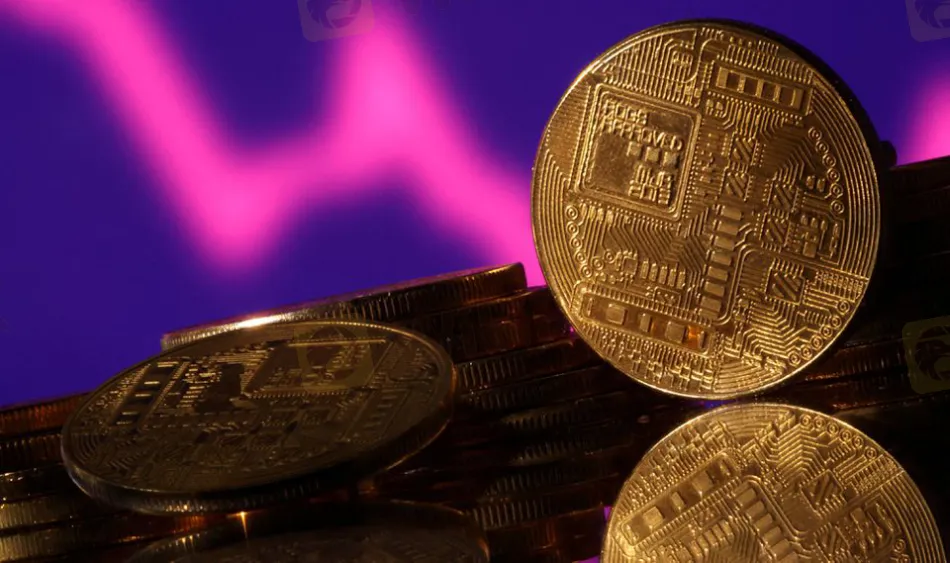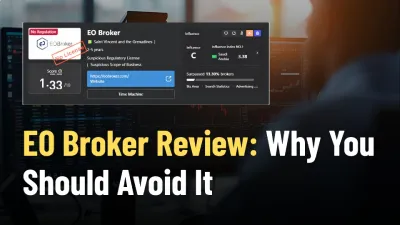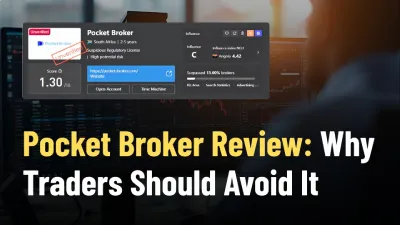Abstract:The lending division of crypto company Genesis, together with exchange FTX and lender BlockFi, filed for U.S. bankruptcy protection from creditors on Thursday.

The lending division of crypto company Genesis, together with exchange FTX and lender BlockFi, filed for U.S. bankruptcy protection from creditors on Thursday.
On Nov. 16, Genesis Global Capital, one of the biggest crypto lenders, stopped client redemptions after FTX shocked the financial world with its bankruptcy, fueling fears that more firms will follow suit. Digital Currency Group, a venture capital firm, owns the business (DCG).
In its application with the United States Bankruptcy Court for the Southern District of New York, Genesis' lending business said that it had assets and liabilities ranging from $1 billion to $10 billion and that it had over 100,000 creditors.
Genesis Global Holdco, Genesis Global Capital's parent company, and another loan business, Genesis Asia Pacific, both declared bankruptcy.
Genesis Global Holdco stated in a statement that it was considering a sale or equitization deal to pay creditors and that it had $150 million in cash to assist the restructuring.
It went on to say that Genesis' derivatives and spot trading, broker-dealer, and custodial companies were not part of the bankruptcy process and would continue to serve clients.
Genesis' bankruptcy declaration is the latest in a string of crypto failures and job losses precipitated by last year's price drop.
Genesis was already at odds with Gemini Trust Co, which was formed by identical twin cryptocurrency pioneers Cameron and Tyler Winklevoss, both former US Olympic rowers. The two companies are at odds over Earn, a crypto loan product that they jointly sold.
Genesis owes more than $900 million to 340,000 Earn investors, according to the Winklevoss brothers. On January 10, Cameron Winklevoss asked for the resignation of Digital Currency Group CEO Barry Silbert.
Cameron Winklevoss tweeted about an hour after the bankruptcy filing that Silbert and Digital Currency Group were still denying creditors a fair deal.
“Unless Barry (Silbert) and DCG come to their senses and make a reasonable offer to creditors, we will be initiating a lawsuit against Barry and DCG imminently,” Winklevoss stated in the line of tweets.
On January 12, the Securities and Exchange Commission accused Genesis and Gemini of fraudulently marketing securities to investors via the Earn program. The lawsuit was deemed unsatisfactory by Tyler Winklevoss.
According to its website, Genesis brokered digital assets for financial organizations such as hedge funds and asset managers, and had about $3 billion in total active loans at the end of the third quarter, down from $11.1 billion a year earlier.
According to its website, Genesis provided $130.6 billion in crypto loans and exchanged $116.5 billion in assets last year.
According to Reuters, its two largest debtors were Three Arrows Capital, a Singapore-based crypto hedge fund, and Alameda Research, a trading organization closely associated with FTX. Both are in the process of declaring bankruptcy.
The debt owed to Genesis by Three Arrows was acquired by its parent business, Digital Currency Group (DCG), which subsequently filed a claim against Three Arrows. Grayscale, a crypto asset management, and CoinDesk, a news service, are also among DCG's portfolio firms.
During the epidemic, crypto lenders flourished as de facto banks. However, unlike conventional banks, they are not obliged to maintain capital buffers. Earlier this year, a lack of collateral prompted some lenders - and their clients - to bear significant losses.
Download the link for WikiFX mobile app.
https://www.wikifx.com/en/download.html










